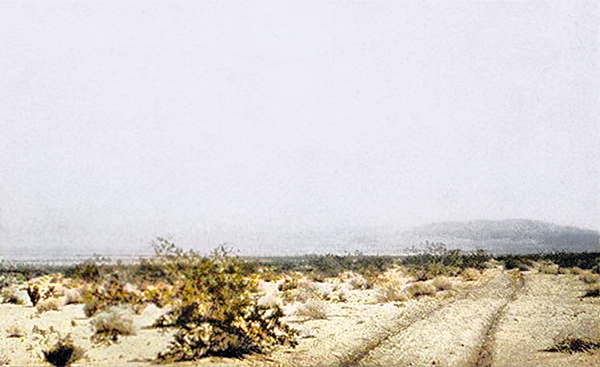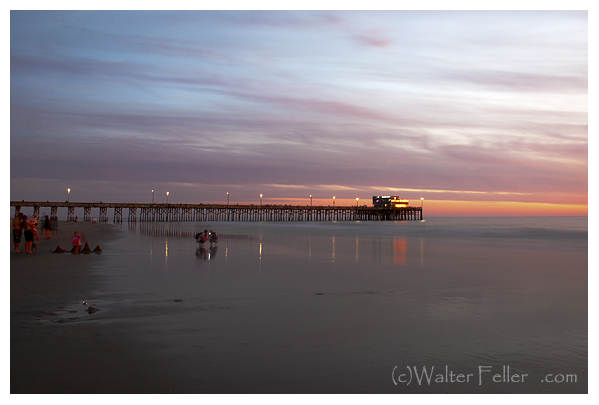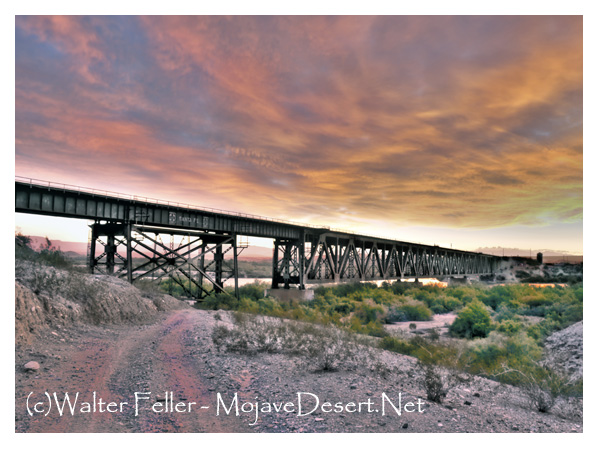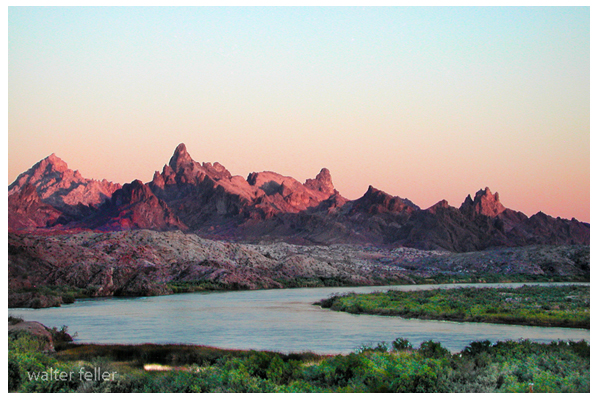Chapter I.
The Feel of the Outdoors

The open desert
BEYOND the walls and solid roofs of houses is the outdoors. It is always on the doorstep. The sky, serene, or piled with white, slow-moving clouds, or full of wind and purple storm, is always overhead. But walls have an engrossing quality. If there are many of them they assert themselves and domineer. They insist on the unique importance of the contents of walls and would have you believe that the spaces above them, the slow procession of the seasons and the alternations of sunshine and rain, are accessories, pleasant or unpleasant, of walls, indeed that they were made, and a bungling job, too, and to be disregarded as a bungling job should be, solely that walls might exist.
Perhaps your lawyer or your dentist has his office on the nineteenth floor of a modern skyscraper. While you wait for his ministrations you look out of his big window. Below you the roofs of the city spread for miles to blue hills or the bright sea. The smoke of tall chimneys rolls into the sky that fills all the space between you and the horizon and the sun; the smoke of hustling prosperity fans out, and floats, and mixes with the clouds, and becomes at last part of a majestic movement of something other than either smoke or clouds. Suddenly the roofs that covered only tables and chairs and power machines cover romance, a million romances rise and mingle like the smoke of the tall chimneys. They mix with the romance of the clouds and the hills. You are happy. Nothing is changed around you, but you are happy. You only know that the sun did it, and those far-off hills. When the man you are waiting for comes in you congratulate him on his fine view. Then the jealous walls assert themselves again; they want you to forget as soon as possible.
But you never quite forget. You visit the woods or the mountains or the sea in your vacation. You loaf along trout streams, or in red autumn woods with a gun in your hands for an excuse, or chase golf balls over green hills, or sail on the bay and get becalmed and do not care. For the pleasure of living outdoors you are willing to have your eyes smart from the smoke of the camp fire, and to be wet and cold, and to fight mosquitoes and flies. You like the feel of it, and you wait for that sudden sense of romance everywhere which is the touch of something big and simple and beautiful. It is always beyond the walls, that something, but most of us have been bullied by them so much that we have to go far away to find it; then we can bring it home and remember.

Newport pier, Newport Beach, California -- "But you never quite forget. You visit the woods or the mountains or the sea in your vacation. You loaf along ..."
Charlotte and I knew the outdoors a little. Though we were middle-aged, mothers of families and deeply involved in the historic struggle for the vote, we sometimes looked at the sky. In our remote youth we had had a few brief experiences of the mountains and the woods; I had some not altogether contemptible peaks to my credit and she had canoed in the Canadian wilds, so when we decided that a vacation was due us we chose the outdoors. Our labors had been arduous, divided as they were between the clamorings of the young and our militant mission to free the world; we were thoroughly habituated to walls and set a high value on their contents. It was our habit to tell large and assorted audiences that freedom consists in casting a ballot at regular intervals and taking your rightful place in a great democracy; nor did it seem anomalous, as perhaps it should have, that our chiefest desire was to escape from every manifestation of democracy in the solitariness of some wild and lonely place far from city halls, smokestacks, national organizations, and streets of little houses all alike. For some time the desire had been cutting through our work with an edge of restlessness. We called it "Need for a Vacation," not knowing that every desire to withdraw from the crowd is a personal assertion and a protest against the struggle and worry, the bluff and banality and everlasting tail-chasing which goes on inside the walls of the stateliest statehouse and the two-room suite with bath. Our real craving was not for a play hour, but for the wild and lonely place and a different kind of freedom from that about which we had been preaching.

After leaving the high plateau of northern Arizona the railroad crosses the "Colorado River and enters the lowlands of the Mojave Desert." -- Railroad bridge crossing Colorado River from Topock Arizona to Needles, Ca.
Our choice of the wild and lonely place was circumscribed by the fact that we had been offered the use of an automobile from Los Angeles. The automobile was a much appreciated gift, but we regretted that Los Angeles had to be the starting point because southern California is the blissful goal of the tired east and the tired east was what we needed to escape from. We left home without planstoo many plans in vacation are millstones hung around your necksure only that such places as Santa Barbara, Redlands, Riverside, and San Diego would be for us nothing more than points on the way to somewhere else. An atlas showed a great empty space just east of the Sierra Nevada Range and the San Bernadino Mountains vaguely designated as the Mojave Desert. It was surprising to find the greater part of southern California, the much-advertised home of the biggest fruit and flowers in the world, included in it. A few criss-cross lines indicated mountains; north of the Santa Fe Railroad, which crosses the Mojave on the way to the coast, the words Death Valley were printed between two groups of them; in the south a big white space similarly surrounded was the Imperial Valley; the names of a few towns sprangled out from the railroad-nothing else. Was the desert just a white space like that? The word had a mixed connotation, it suggested monotony, sterility, death-and also big open spaces, gold and blue sunsets, and fascination. We recollected that some author had written about the "terrible fascination" of the desert. The white blank on the map looked very wild and lonely. We went to Los Angeles on the Santa Fe in order to see what it might contain.
We looked at it. After leaving the high plateau of northern Arizona the railroad crosses the Colorado River and enters the lowlands of the Mojave Desert. That is the first glimpse the tourist has of California, but he hardly realizes that it is California, for it is so different from the pictures on the time-tables and hotel folders.

The Needles
At Needles he usually pulls down the window shades against the too-hot sun and forgets the dust and heat in the pages of the last best seller, or else he goes out on the California Limited which spares its passengers the dusty horrors of the desert by crossing the Mojave at night. His California, and ours when we left Chicago, consists of the charming bungalows with date palms in their dooryards and yellow roses climbing their porches, the square orange groves all brushed and combed for dress parade, the picturesque missions, and the white towns with streets shaded by feathery pepper trees west of the backbone of the Sierras, not the hundreds of miles of desolation east of them. Hour after hour we pounded through it in a hot monotony of yellow dust. Hour after hour great sweeps of blue-green brush led off to mountains blue and red against the sky. We passed black lava beds, and strange shining flats of baked clay, and cliff-like rocks. It was very vast. The railroad seemed a tiny thread of life through an endless solitude. The train stopped at forlorn stations consisting of a few buildings stark on the coarse, gravelly sand. Sometimes a gang of swarthy Mexicans stopped work on the track to watch us go by, sometimes a house stood alone in the brush, sometimes a lonely automobile crawled along the highway beside the railroad. It was empty and vast, and over it all the sun poured a white flood.
In spite of the dust and glare a fascinated curiosity kept us looking out of the dirty windows all day. Occasionally dim wagon tracks led toward the mountains, some of which were high and set on wide, solid foundations. They were immovable, old, old mountains. Shadows cut sharply into the smooth brightness of their sides. Their colors changed and the sand ran between them like beckoning roads. "Come," it seemed to say, "and find what is hidden here." Once we saw a man with three burros loaded with cooking utensils and bedding. He was traveling across country through the sagebrush. Where could he be going?
Unconsciously I asked the question aloud and Charlotte answered:
"He is a prospector looking for a gold mine. Don't you see his pick on the second mule?"
"Please say burro," I pleaded. "It gives a better atmosphere. Besides it is not a mule, it's an ass."
"Those are the Old Dad Mountains over there, those big rosy ones. That's where he is going, up the long path of sand. He will camp there. Perhaps he is not a prospector, he may have a mine already."
"Of course he has one," I assented.
"All the prospectors are dead. They died of thirst in Death Valley."
"My prospector did not. He is going to his mine. He tries to work it himself but it does not pay very well because he can't get enough out, and he can't sell it because too many booms have failed, and nobody will invest. So he goes up and down in the sun and has a good time."
Perhaps you could have a good time going up and down in the sun through those empty spaces that stretched so endlessly on either side of the track. I wondered if we might not go to the Imperial Valley and see that strange thing, the new Salton Sea, a lake in the desert; but Charlotte objected because that part of the white blank was partially under irrigation, too near the coast, and would be too civilized and full of ranches. I doubted much if the tired east went there for I thought that it was the desert like this, only hotter, worse. She declared that the tired east went everywhere that it could get to. Evidently it could not reach Mojave, for certainly it was not rushing around in automobiles trying to be happy, nor pouring the savings for its short holiday into the money bags of conscienceless hotel companies. Mojave was indeed a blank, a wild and lonely place.
"I think," Charlotte remarked after a time, "that we will go to Death Valley."
"Why?"
"Because I am tired of looking at the Twenty Mule Team Borax boxes and wondering what kind of place they came from that could have a name like that."
I thought it was not a sufficient reason for me to risk my life.
"I think," she said, "that it is the wildest and loneliest place of all. Nobody goes there except your prospectors, and you say they are all dead. Think of the gold and jewels they did not find lying around everywhere. Think of the hotness and brightness. It must be an awful, lonesome, sparkling place."
It must be! Those reasons appealed to me, but the idea was a bit upsetting considering that we had started for a happy-go-lucky vacation, a little like playing with a kitten and having it turn into a tiger. Mojave was like a tiger, terrible and fascinating. From the windows of the Santa Fe train it was a savage, ruthless-looking country, naked in the sun. It repelled us and held us, we could not keep our eyes off it. They ached from straining to pierce the distances where the beckoning roads were lost in brightness. Mountains and valleys full of outdoors, nothing but outdoors! What was the feel of being alone in the sagebrush? How free the sweep of the wind must be, how hot the sun, how immense the deep night sky!
Thus the wild and lonely place was selected. A strange outdoors for a holiday truly, and we had an adventure with it.
Previous -- Next
Contents
I. The Feel of the Outdoors
II. How We Found Mojave
III. The White Heart
IV. The Outfit
V. Entering Death Valley
VI. The Strangest Farm in the World
VII. The Burning Sands
VIII. The Dry Camp
IX. The Mountain Spring
X. The High White Peaks
XI. Snowstorm and Sandstorm
XII. The End of the Adventure